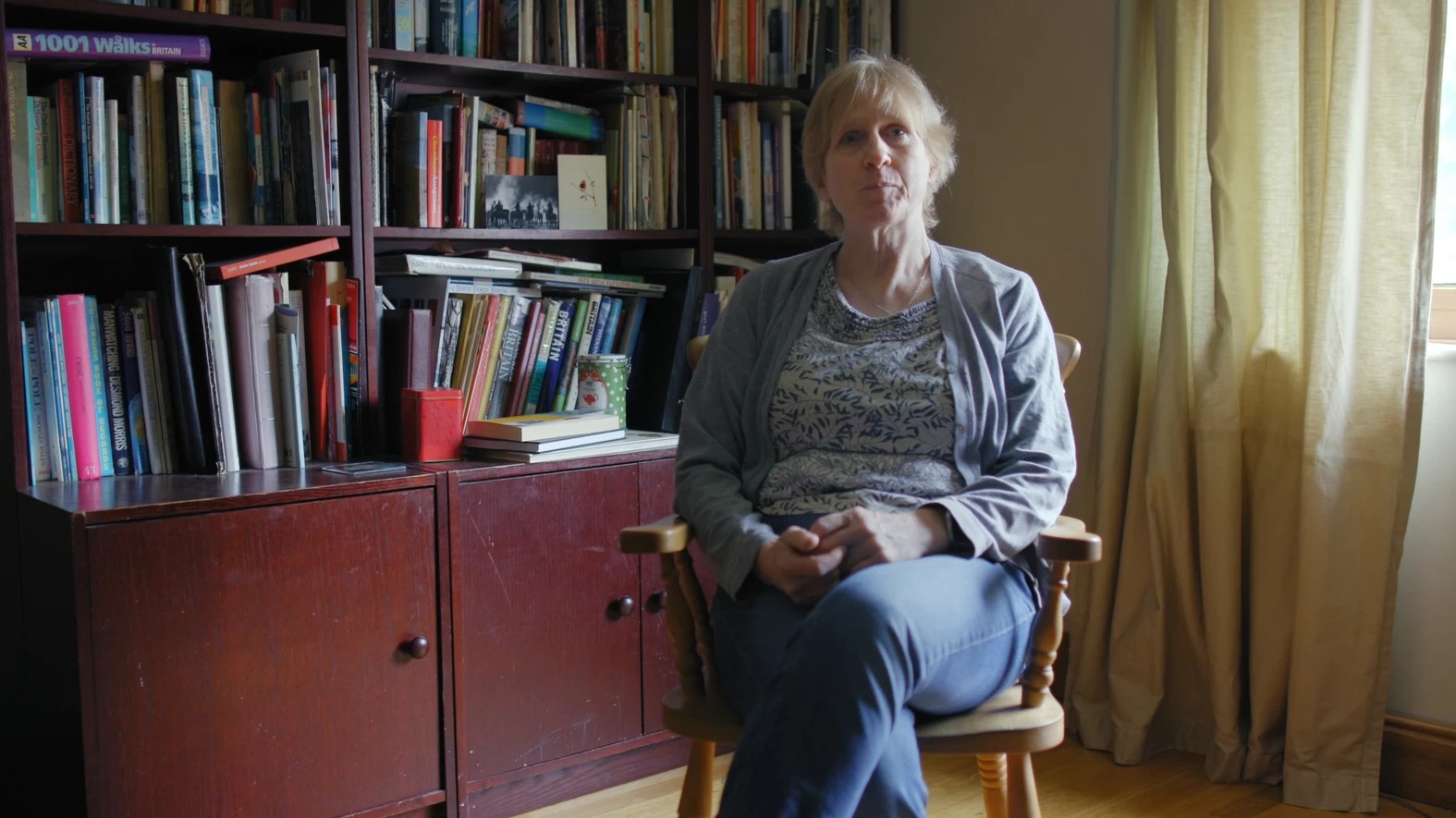In late September 2016, 24-year-old Alice Ruggles called the police for the second time to report her ex-boyfriend, who had been relentlessly stalking her since they broke up three months before. Just five days later, her ex, Trimaan Dhillon, drive 120 miles from Edinburgh, broke into her house, and murdered her by slashing her throat. In a frantic 999 call after finding her body, Alice’s flatmate told police: “We knew this was coming. Her ex is an absolute psychopath.” Alice’s story is harrowing, but tragically, not an anomaly. As Broadly found in their anti-stalking campaign, Unfollow Me, the crime is more common than many of us would imagine.
Partnering up with anti-stalking charity Paladin for a YouGov poll which exposes the true extent of stalking across the UK, they found that stalking is more widespread than many expected. Incredibly, 9% of the people polled have been a victim of stalking, while one in five (21%) know someone who’s been a victim.
Perhaps even more shocking, in a separate study of primarily younger people (13 to 24-year-olds) on VICE UK’s Snapchat, over a third of followers said they’d been stalked. Broadly’s survey also uncovered that a majority of people (56%) don’t think authorities are doing enough to tackle stalking in the UK, with 53% believing police don’t take the issue seriously enough. Shockingly, three out of five victims say they didn’t even tell the police they were being stalked.
“We already have a violent and sexual offenders register,” Broadly UK Editor Zing Tsjeng explained this morning on BBC’s morning news and current affairs show with Victoria Derbyshire. “What we’re asking is for that register to be expanded to include serial stalkers and domestic abusers.” A Stalkers Register would allow police to monitor individuals with a history of domestic abuse or stalking, and to actively inform their new partners about their history as a warning.
Zing called the levels of reported stalking that she’s encountered through the Unfollow Me campaign “truly horrifying”. “This is a widespread issue in society,” she explained. Perhaps because the issue is so widespread, Broadly and Paladin found widespread support for the same Stalkers Register that Alice Ruggles’ family are campaigning for. 77% of those surveyed through YouGov said they support the police actively informing people if their partner’s previous criminal history includes stalking or domestic abuse. This support went up to 85% in those polled through Snapchat.

After her death, Alice’s family found out her ex had a history of abusive behaviour which ex-girlfriends had reported to police, and for which he had been issued with a restraining order. Alice had never known this.
Trimaan Dhillon was sentenced to life in prison for Alice’s murder in April 2017. “We told her just to keep ignoring him. Just keep ignoring him and he’ll leave you alone,” said Alice’s mum. “And of course that was really bad advice, because he was never going to leave her alone.”
“The law needs to change so that she has the protection she deserved.”
